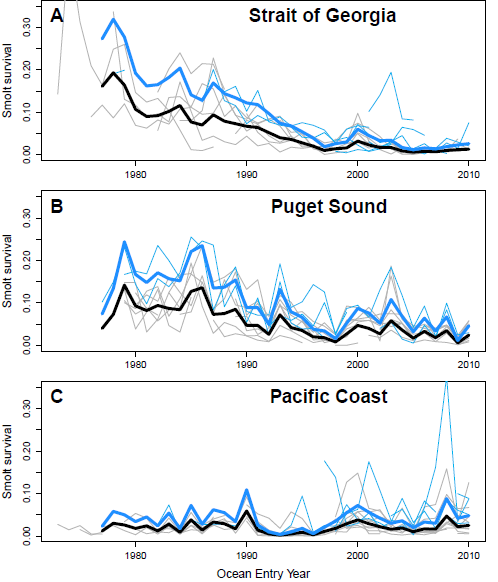Birdsnest
Well-Known Member
It's ALWAYS the indutry's job to demonstrate that either they will have no deleterious effects - or that the effects can be mitigated. That's the basis of an environmental assessment - wait! - something the open net-pen industry has been exempt from. How did that happen?
Predictably you will think that the FF industry is exempt. You apparently are not acknowledging the article I posted on the other thread.
http://www.sirc.org/articles/beware.html
This form of pre-scientific thinking presents a serious obstacle to rational discussion. The absence of an effect can never be proved , in the way that I cannot prove that there are no fairies at the bottom of my garden. All I can say are two things: firstly, sustained observation over the past 20 years has revealed no evidence of their presence, and secondly the existence of fairies, in my garden or elsewhere, is very unlikely on a priori grounds. This is how science works – precisely in accord with the principles of Karl Popper that hypotheses cannot be proved, only refuted.




